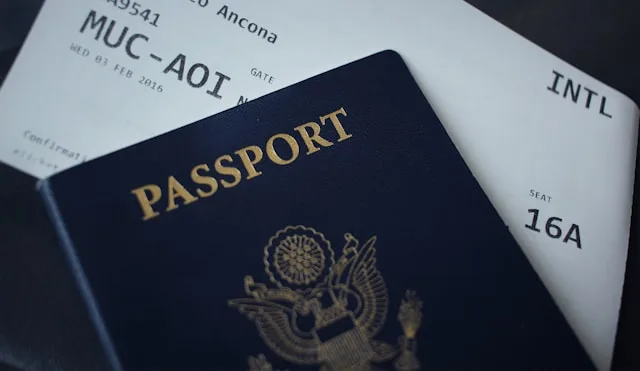Due to a coding error, Qantas offered first-class flights at up to 85% off, impacting 300 customers who will now receive business-class seats or refunds
Qantas Airways recently experienced a major mishap when a coding error on its website allowed around 300 customers to purchase first-class tickets at a fraction of the usual price. The glitch, which lasted for eight hours, drastically reduced the fares for return flights between Australia and the US by up to 85%.
On Thursday, travelers were thrilled to find what appeared to be an incredible deal for first-class tickets, which typically include luxurious amenities such as exclusive airport lounges, high-end champagne, spacious seating, and premium bedding. The reduced fares quickly gained traction on social media and bargain-hunting forums like OzBargain, where savvy consumers began snapping up the seemingly unbeatable deals.
Embed from Getty ImagesThe excitement was short-lived. Qantas quickly identified the issue and confirmed that the low prices were due to a coding mistake. A spokesperson for the airline explained, “Unfortunately, this is a case where the fare was actually too good to be true.” The airline’s terms and conditions allow it to cancel bookings and offer refunds if the displayed fares are deemed “reasonably obvious” errors.
In response, Qantas offered affected customers the choice between a full refund or rebooking their flights in business class at no additional cost. Despite the disappointment of missing out on first-class travel, passengers still enjoyed significant savings, with business-class tickets priced around 65% lower than usual.
One customer, William Fowler, expressed his excitement about the business-class upgrade, saying, “It’s a great price for business; it would have been an unbelievable price for first class.” The incident underscores the role of online forums in spreading news about pricing errors and the impact such errors can have on both consumers and businesses.
This mistake comes on the heels of Qantas’ recent legal and financial troubles. Earlier this year, the airline faced an AUD$100 million (£52.7 million) penalty for selling tickets for flights that had been cancelled, a scandal is known as the “ghost flights” issue. The airline also agreed to pay AUD$20 million (£10.5 million) in compensation to passengers affected by the cancelled flights. Qantas has been working to resolve customer complaints and improve its error management processes.
Analysis
Political: The Qantas ticketing error highlights the need for robust regulations in the airline industry regarding pricing and consumer protection. This incident could prompt discussions among policymakers about tightening regulations to prevent such errors and ensure fair treatment for consumers. As airlines play a critical role in global travel and commerce, ensuring transparency and accountability in their pricing practices is essential. This situation might also influence regulatory bodies to examine how airlines handle promotional and error-related issues, potentially leading to stricter oversight and consumer protection laws.
Social: The incident mirrors societal debates about fairness and the role of technology in everyday life. The excitement over discounted tickets reflects a common consumer behavior: the pursuit of perceived bargains, which often leads to widespread sharing of deals on online platforms. This situation also emphasizes the growing reliance on digital platforms for making travel decisions and the rapid spread of information (and misinformation) through social media and online forums. The public’s reaction to the error, including both excitement and frustration, underscores the influence of online communities on consumer behavior and expectations.
Racial: While the event does not have explicit racial implications, it touches on broader themes of equity and accessibility in consumer practices. Ensuring that all customers, regardless of their background, are treated fairly in such situations is crucial. The incident demonstrates the potential for pricing errors to affect a diverse customer base and highlights the importance of transparent and equitable policies that accommodate all consumers.
Gender: The ticketing error does not specifically relate to gender issues, but it does reflect on the broader topic of fairness in consumer transactions. Both male and female customers experienced the impact of the pricing mistake equally. However, ensuring that marketing and promotional errors are handled in a gender-neutral and fair manner is important for maintaining trust and credibility among all customers.
Economic: Economically, the Qantas error illustrates the financial impact that pricing mistakes can have on a company. The cost of offering refunds and rebooking customers in business class represents a significant financial burden for the airline. Additionally, the incident may affect Qantas’ brand reputation and consumer trust, potentially influencing future bookings and customer loyalty. This situation also highlights the broader implications of pricing errors on both company finances and consumer behaviour, demonstrating the need for effective error management and contingency planning in the airline industry.
